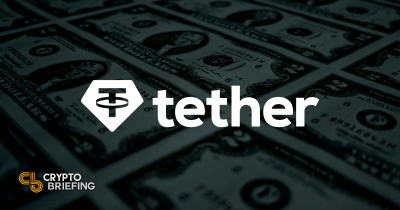The move reflects the growing global acceptance of blockchain-based technologies and the recognition of their potential to reshape financial ecosystems.
Abdellatif Jouahri, Governor of Morocco’s central bank, Bank Al-Maghrib (BAM), announced at an international conference in Rabat that a draft law regulating cryptocurrency assets is nearing final adoption. “We have prepared a draft law regulating crypto assets, which is currently in the adoption process,” Jouahri stated. This marks the culmination of years of deliberation and collaboration with global financial organizations such as the International Monetary Fund (IMF) and the World Bank.
From Ban to RegulationIn 2017, Morocco imposed a ban on Bitcoin and other cryptocurrencies, citing concerns over market instability and the risks of unregulated financial flows. Yet, the restriction did little to deter adoption. By 2022, an estimated 4.9% of Moroccans were using cryptocurrencies, a notable rise in underground activity. This growing interest in digital assets persisted despite the absence of legal frameworks, underscoring the public’s strong inclination toward decentralized financial tools.
The choice to regulate rather than prohibit follows a larger worldwide trend. Morocco’s shift echoes regulatory advances in jurisdictions such as the European Union, whose Markets in Crypto-Assets Regulation (MiCA) has prompted nations throughout the world to build complete frameworks.
Addressing Financial Inclusion with CBDCsAlongside its plans to legalize cryptocurrencies, Morocco is also exploring the potential benefits of a central bank digital currency (CBDC), tentatively named the e-dirham. Governor Jouahri noted, “Like many countries around the world, we are exploring to what extent this new form of currency could contribute to achieving certain public policy objectives, particularly in terms of financial inclusion.”
CBDCs, unlike decentralized cryptocurrencies, operate on permissioned blockchain networks under central bank control. Proponents argue that CBDCs could modernize financial transactions, reduce dependency on cash, and minimize economic crimes such as money laundering and fraud.
The headquarters of Bank Al-Maghrib, Morocco’s central bank. Source: Wikipedia
Despite the potential benefits, Moroccan citizens remain cautious about the traceability of digital transactions and mobile wallets. To address this, BAM plans to launch financial education initiatives highlighting the advantages of the digital economy. The goal is to build public trust and acceptance of the e-dirham while demonstrating its capacity to enhance security, transparency, and economic efficiency.
The Road AheadMorocco’s shift coincides with a global tide of crypto legislative developments. The Financial Conduct Authority (FCA) of the United Kingdom recently announced a framework for regulating cryptocurrencies by 2026. Similarly, countries in Africa and beyond are increasingly recognizing digital assets as tools for financial inclusion, particularly in areas with limited access to traditional banking institutions.
Finally, Morocco’s efforts to legalize cryptocurrencies and investigate CBDCs mark a key turning point in its financial policy. By promoting a balanced approach to innovation and regulation, the country hopes to reap the benefits of digital assets while avoiding associated risks. As the proposed law proceeds, Morocco joins the expanding list of countries embracing the digital banking revolution.














